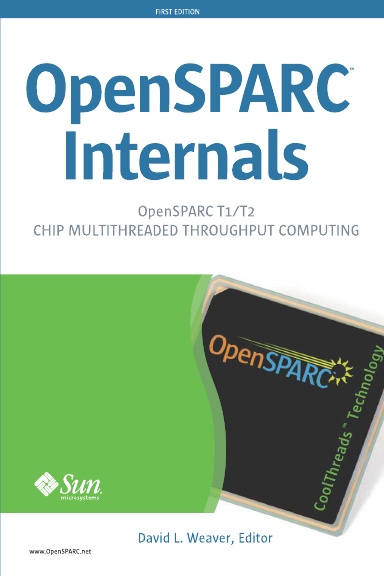Part 5 of the series talked about diagnosing initialisation problems. These are situations where the libraries are loaded in the wrong order and this causes the application not to function correctly (or at all). Part 6 discusses how to resolve this problem.
The easiest, but the least reliable approach is to reorder the libraries on the link line until they get initialised in the right order. This is an easy fix since it is just a matter of changing the link line, but it's not reliable. There are various reasons why this is a poor fix. It is limited to just fixing the one application, and does not fix the root of the problem. It is not robust as a change in one of the libraries may cause the whole problem to recur. etc. Better fixes involve avoiding the duplicate symbol problem that causes the library load order to be indeterminate.
If the symbols are introduced because of C++ templates, then the -instlib=<library> flag causes the compiler not to generate symbols that are defined in the listed libraries.
Direct binding is another approach which records the exact library dependencies at link time so that the linker knows exactly which libraries are required, and hence can determine the appropriate load order. This has the downside that it enables different libraries to bind to different definitions of the same symbol, this could be a useful feature, but could also introduce problems.




No comments:
Post a Comment